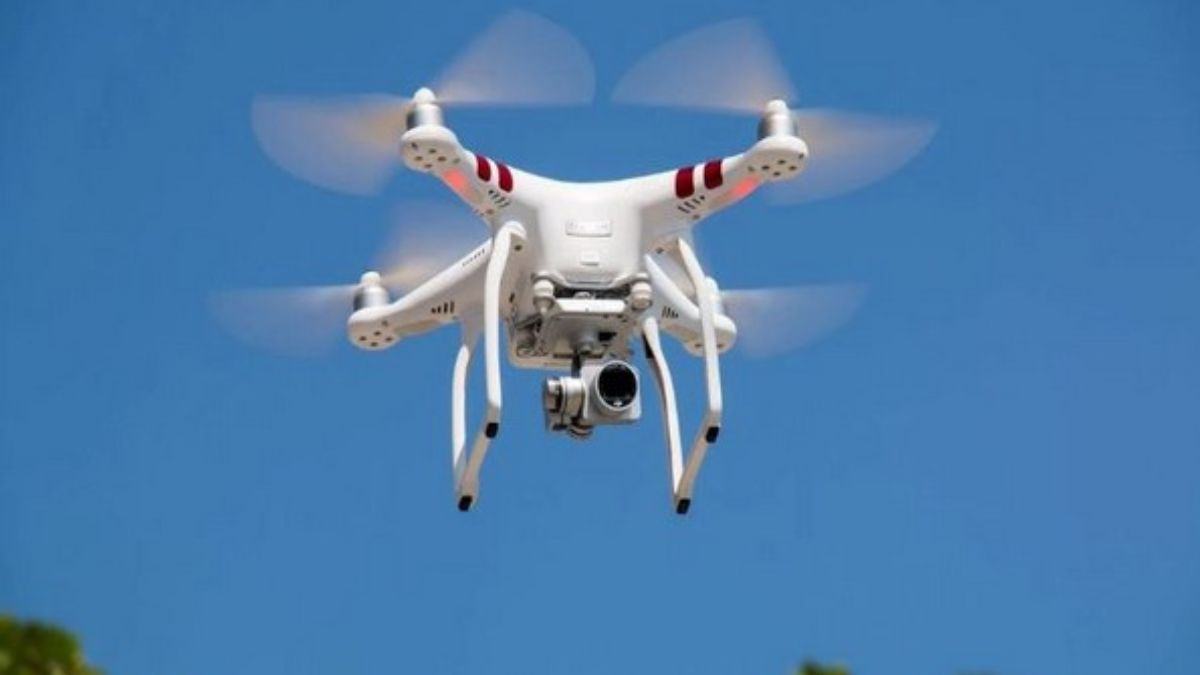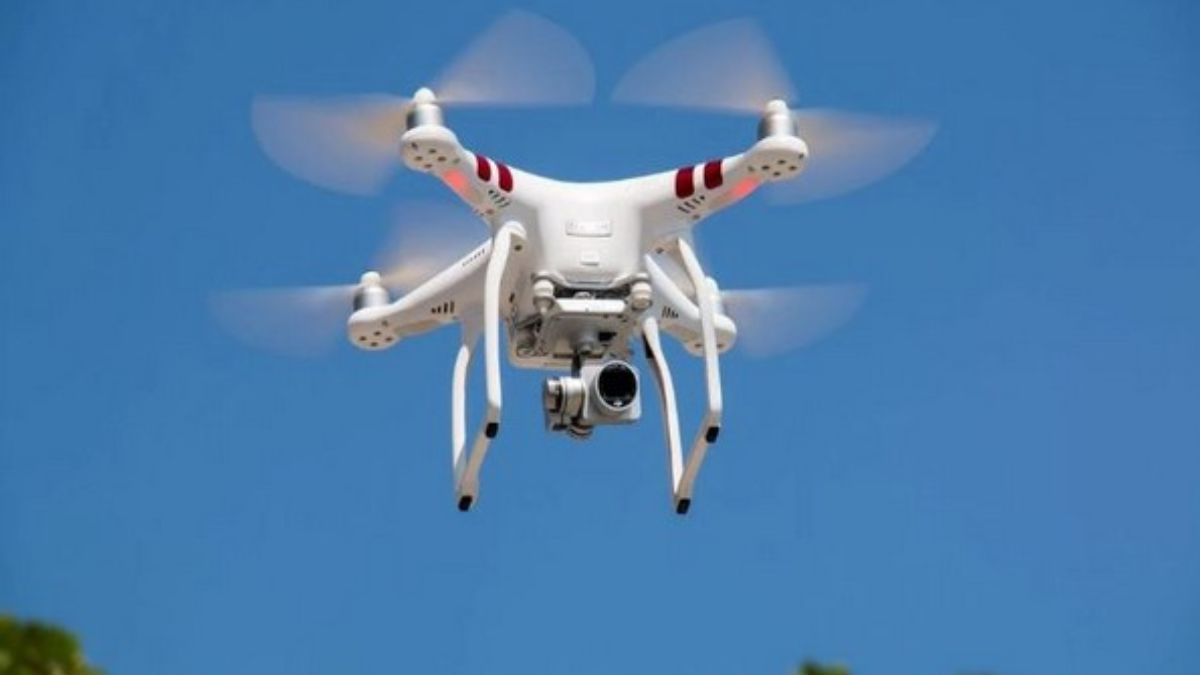History was created on October 14, 1947 when US Air Force pilot Captain Charles Yeager became the first human to break the sound barrier. This ushered in the age of supersonic flight.
If you are a history geek who loves to learn about important events from the past, Firstpost Explainers’ ongoing series, History Today will be your one-stop destination to explore key events.
On this day in 1918, Corporal Adolf Hitler was wounded in a British mustard gas attack in Belgium.
Here is all that took place on this day across the world.
Sound barrier was broken for the first time
The age of supersonic flights was ushered in after the US Air Force pilot Captain Charles “Chuck” Yeager became the first human to break the sound barrier on October 14, 1947. Piloting the experimental Bell X-1 aircraft, Yeager achieved what many at the time believed was impossible.
At an altitude of 45,000 feet, Yeager accelerated the rocket-powered aircraft to Mach 1.06, or roughly 700 miles per hour, officially surpassing the speed of sound. The feat marked a defining moment in aviation and aerospace history, proving that controlled, sustained supersonic flight was not only possible but achievable by human pilots.
Yeager’s success came after months of meticulous testing under the US Air Force and the National Advisory Committee for Aeronautics (Naca), the predecessor of Nasa. The Bell X-1, modelled after a .50-calibre bullet, was carried aloft by a B-29 bomber and then released for powered flight. The mission nearly didn’t happen as just two days earlier, Yeager had broken two ribs in a horseback accident but concealed his injury to ensure the test proceeded.
When the aircraft broke the sound barrier, witnesses on the ground reported hearing a loud sonic boom, a first in aviation history. Yeager’s achievement not only opened the door to supersonic flight but also set the stage for the jet age and future space exploration programs.
Hitler wounded in British gas attack
Adolf Hitler, then a 29-year-old corporal in the German Army, was injured near the Belgian town of Ypres during a British mustard gas attack. He was temporarily blinded during the attack on this day in 1918. Serving as a dispatch runner with the 16th Bavarian Reserve Infantry Regiment, Hitler had previously been wounded in the leg during the Battle of the Somme in 1916. Despite this, he returned to active duty and continued to serve on the Western Front.
During the mustard gas attack, Hitler and several comrades were exposed to the toxic fumes, which resulted in temporary blindness. He was evacuated to a German military hospital in Pasewalk, Pomerania, for treatment. While recuperating, Hitler learned of Germany’s defeat and the impending armistice. This news reportedly had a profound impact on him, leading to feelings of betrayal and anger towards the German civilian population.
Historians have debated the extent of Hitler’s injuries and the accuracy of his accounts. Some suggest that his claims may have been exaggerated or fabricated to bolster his image as a war hero. Nonetheless, this incident marked a significant moment in Hitler’s life, influencing his worldview and future political ambitions.
The experience also contributed to his deep-seated resentment towards the Treaty of Versailles and the Weimar Republic, which he would later exploit to gain support for the Nazi Party.
This Day, That Year
On this day in 1973, Prime Minister Thanom Kittikachorn of Thailand was forced to step down following huge public demonstrations.
Winnie-the-Pooh was published for the first time in 1926.
In 1806, French troops under Napoleon smashed the outdated Prussian army at the Battle of Jena.


)

)
)
)
)
)
)
)
)



